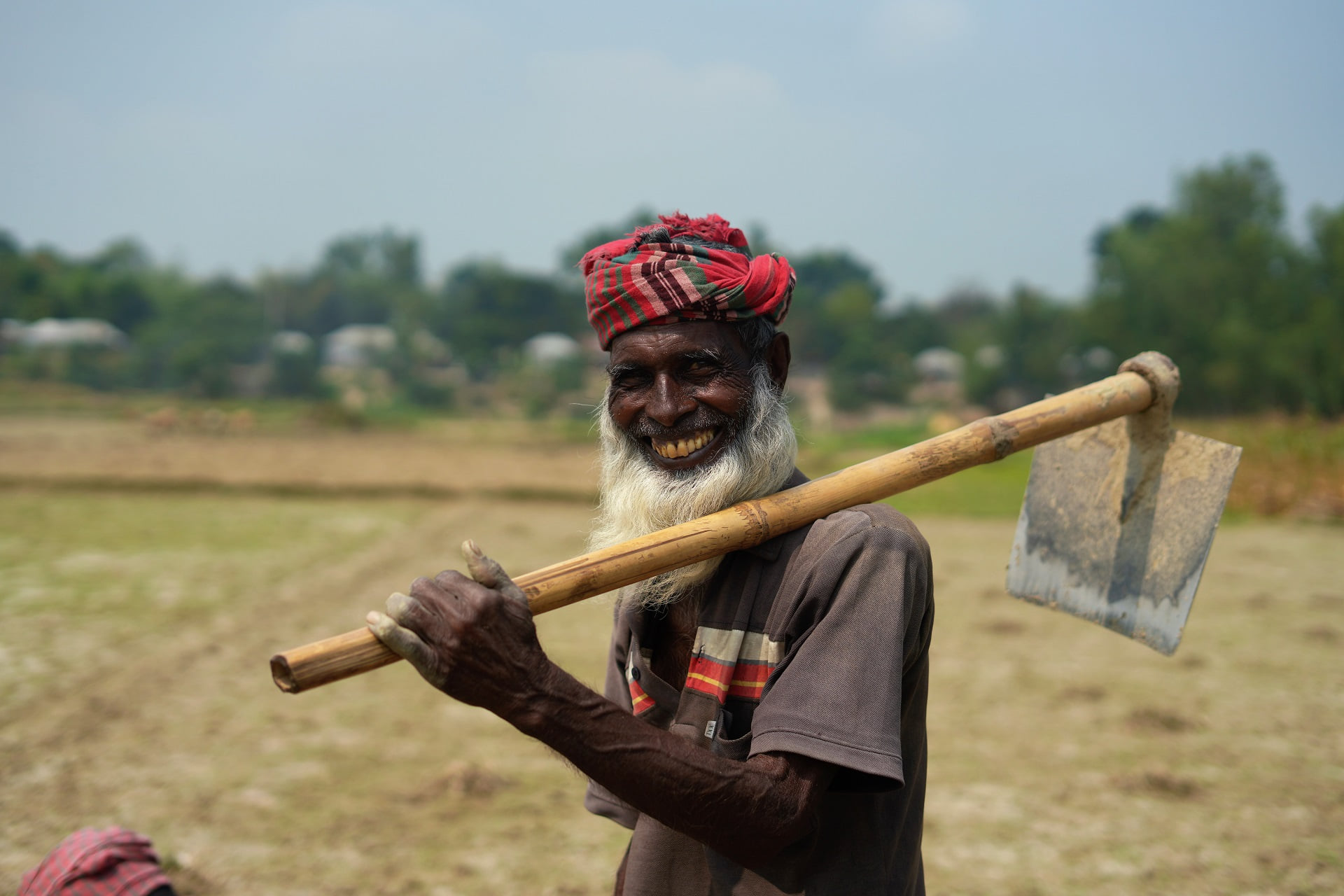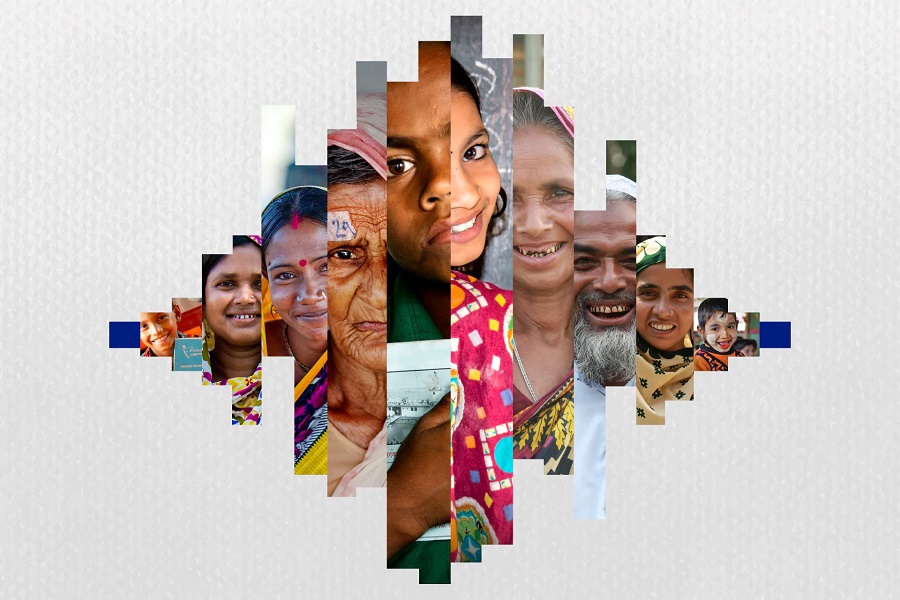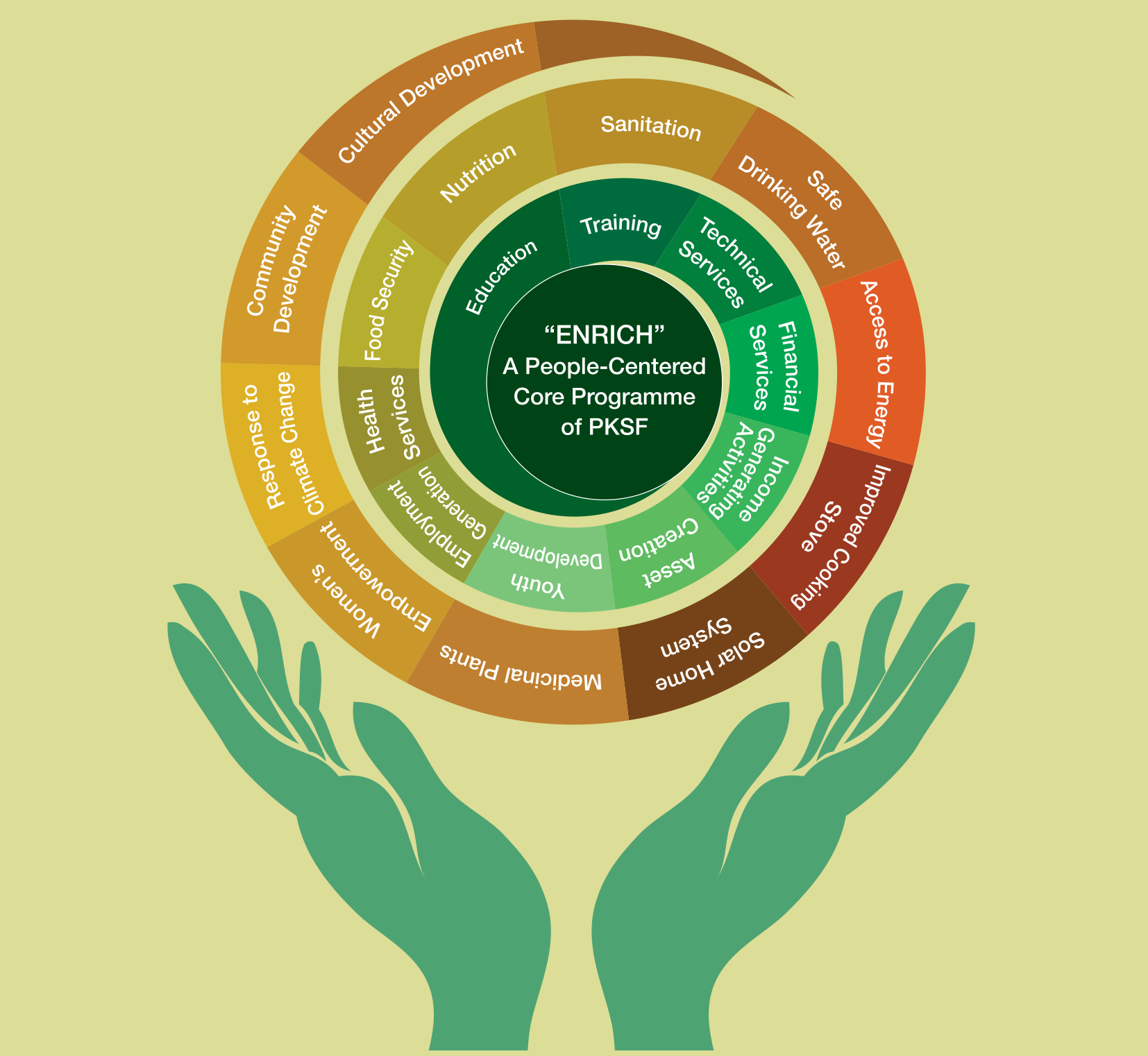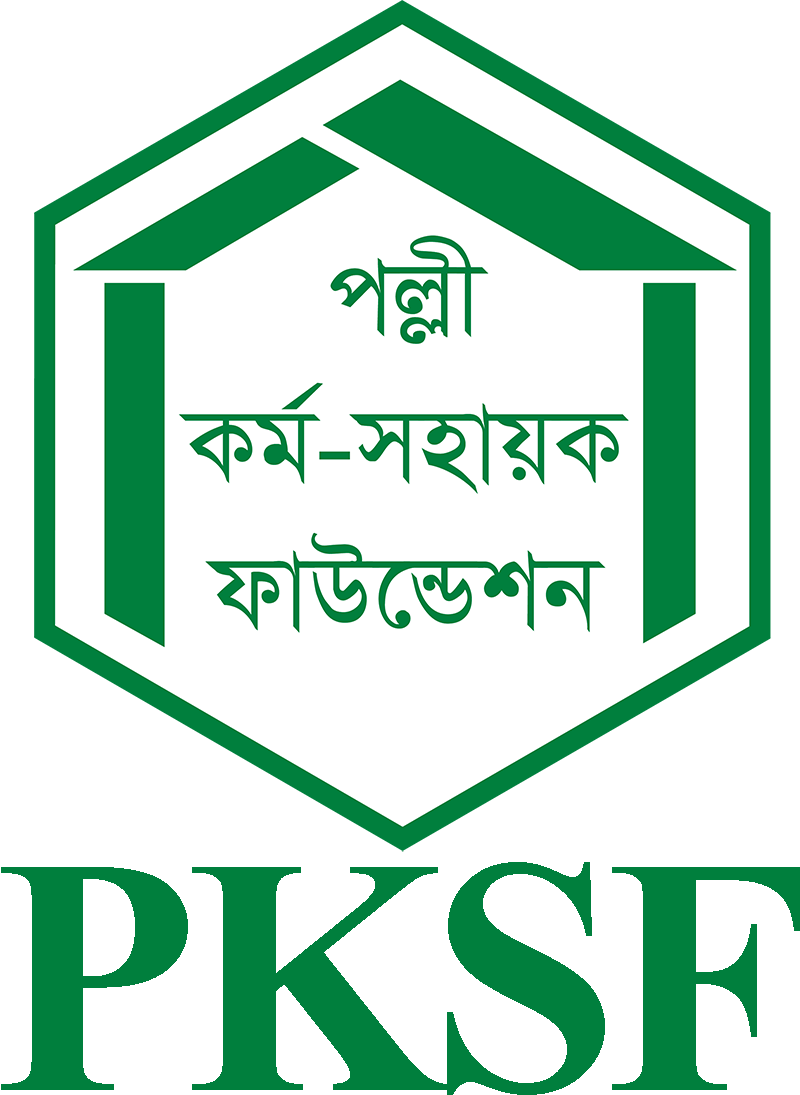PKSF: Human Dignity


Defining ‘dignity’ has always remained a difficult task. It is also often considered to be too vague to be properly understood. This difficulty in defining the concept has made Liebenberg (2005) to argue that dignity is too vague and multifaceted a concept “to serve us well as a guiding value in equality”. However, this difficulty has not really discouraged scholars in trying to make sense of the concept, and most scholars agree that the concept has a deep root in Kantian philosophy that focuses on the inherent worth of human beings. From this perspective, dignity demands that human beings should not be considered as means to an end and instead they should always be considered (individually) as an end.
When applied to development of the lives and livelihoods of the disadvantaged segments of society, this concept reflects efforts taken from the perspective of alleviating poverty, allowing individuals to live a life that is dignified. It focuses on creating opportunities for them to exercise freedom in determining their choices.
Over the years, conceptual understanding of and discourses on poverty and development have undergone significant changes. In the past, economic growth was considered the key goal and focus of ensuring development and poverty reduction. But the introduction of “sustainable development” theory in recent decades has added new features to this understanding. Existing literature has now expanded the idea of poverty reduction with the understanding that poverty alleviation and economic development is not necessarily the key goal that policymakers should achieve. Instead, they should be considered as means to the ultimate end, that is, enhancement of ‘human dignity’ of individuals.
This essentially means that “an individual living in poverty cannot have dignity in a society… an individual with some economic improvement because of one or some economic or financial interventions will not have dignity unless she has access to rights-based institutions like health, education, and market” (InM, 2016). This particular understanding, i.e. poverty reduction and economic improvement strategies, joined with interventions that ensure access to right-based institutions, should encourage freedom of choice leading to a dignified life now shapes PKSF’s basic approach and understanding of tackling poverty. Embracing this new philosophy and designing interventions to that end is a new domain for PKSF too, as the organisation was initially established in 1990 for a different purpose. At the time, the main objective of PKSF was to contribute to poverty reduction efforts through extending credit services and providing advice to the poor and low-income people while supporting them in capacity development.

The mission and vision of PKSF has evolved over time to ensure dignified life for all. PKSF’s current mission is to support all economic and social action programmes through various financial and non-financial, and natural disaster management services suitable for the heterogenous groups of the poor and low-income people and put them on a sustained pathway out of poverty as securely as possible (PKSF, 2014). This change in mission and vision occurred in 2010, under the leadership of its current Chairman, Dr Qazi Kholiquzzaman Ahmad, who materialized this through ENRICH, one of PKSF’s flagship programs. This change in poverty reduction approach has transformed PKSF into a development organization that puts human-centric development on top of its development agenda wherein the poor has the capacity, means and freedom to choose between alternatives that uphold their dignity.
Human-centric development approach
While designing interventions for poverty reduction, PKSF not only concentrates on economic development but also focuses on socio-political empowerment.
Considering its focus on 'dignified life', PKSF envisions an intervention strategy where support is provided in different areas including resilient livelihoods, improved nutrition and primary healthcare, education, skills transfer and technology transfer, access to services, housing, climate resilience building and gender parity to address the multi-dimensional nature of poverty. In effect, PKSF considers investment in education and health as a necessary pre-requisite for long-term sustainable development.
Poverty alleviation requires large investment in social and economic enterprises. In this front, PKSF offers 'appropriate credit' to allow participants to invest in high income-generating activities. But supply of credit should be need-based and scale of credit supply should ensure a sustainable livelihood for the households.
One of the key factors to living a dignified life is building social capital. In this front, PKSF promotes community engagement, which is in-built in its programmes, harnessing community cohesions, and ensuring participation of people from all sections. This allows people to own the programme, and this ownership further boosts their dignity.
